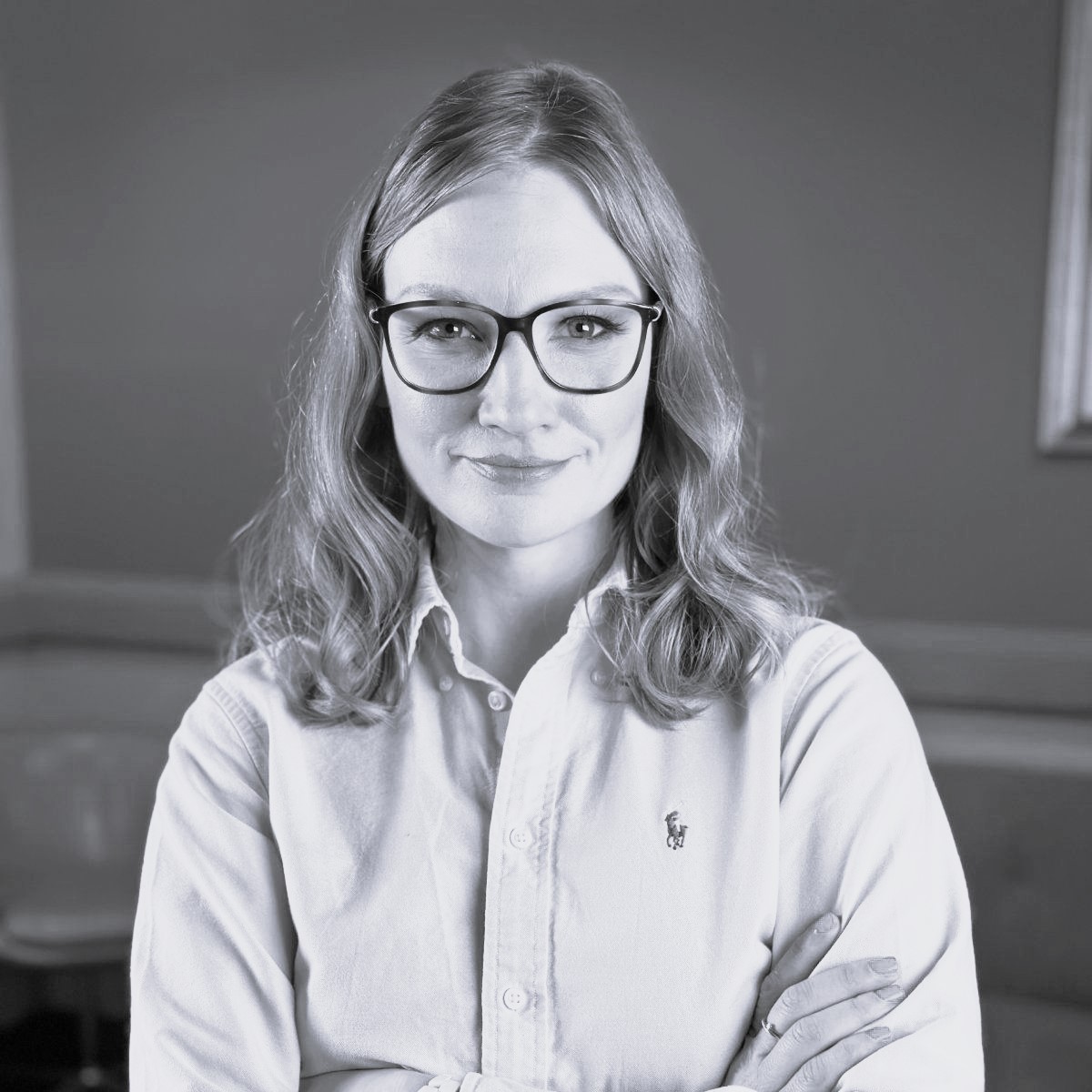Featured Topics
Featured Products
Events
S&P Global Offerings
Featured Topics
Featured Products
Events
S&P Global Offerings
Featured Topics
Featured Products
Events
S&P Global Offerings
Featured Topics
Featured Products
Events
Financial and Market intelligence
Fundamental & Alternative Datasets
Government & Defense
Professional Services
Banking & Capital Markets
Economy & Finance
Energy Transition & Sustainability
Technology & Innovation
Podcasts & Newsletters
Financial and Market intelligence
Fundamental & Alternative Datasets
Government & Defense
Professional Services
Banking & Capital Markets
Economy & Finance
Energy Transition & Sustainability
Technology & Innovation
Podcasts & Newsletters
BLOG — Mar 30, 2022

By Ines Nastali
In 2020, the International Association of Ports and Harbors (IAPH) surveyed its members looking at their compliance with the IMO Facilitation on International Maritime Traffic (FAL) Convention and found that only one-third of respondents met the requirements to have digital port community systems in place. This followed the International Maritime Organization (IMO) revelation in November 2020 that only 49 of the 174 IMO member states have working systems.
One year on, IAPH managing director Patrick Verhoeven talked to Martin Humphreys, lead transport economist at The World Bank, about the current status of port digitalization, especially in developing countries. "Without being in any way critical of the survey, you're going to get some respondent bias in the sense that those people who do meet the mandatory requirements are more likely to respond than those who don't," said Martin.
He therefore voiced caution. "So, I wondered whether the 34% is actually accurate and it's probably lower. I suspect the figure relating to the 49 countries out of 174 member states that actually have a functioning port community system is probably similar."
These revelations do not appear to have functioned as the intended wake-up call as "subsequent to our Accelerating Digitalization Across the Maritime Supply Chain report, I would like to say that countries and ports are rushing to us to take advantage of the grant financing that we have available to support their journey down the digitalization road, but that isn't the case, yet," said Martin.
Consequently, to get a fuller understanding of the situation, the World Bank economist said, "I would be intrigued whether the IAPH plans to do an annual survey or to repeat the survey in relation to the FAL Convention to ascertain whether there's been any progress. Despite the urgency and the importance of taking this forward to improve resilience over the medium term and address the introduction of a digital divide, I would be surprised if there has been a lot of progress."
The IAPH is indeed in the planning stages of an extended study on the matter, Patrick said. "What we're preparing now is a concept called World Ports Tracker, which has two components, one that is looking more at the economic performance of ports and we're using partly IHS Markit (now S&P Global) data for that as well, so it's not all survey-based. And then the second pillar, which looks at our three strategic areas, of which digitalization is one."
In the tracker, some of the questions that the IAPH asked in the survey focus on IMO FAL in 2020 will be repeated, "so that we can update and track this on an annual basis" Patrick added.
Martin Humphreys is a lead transport economist in the South Asia Unit of the Transport Global Practice of the World Bank. He has been working in the transport sector for nearly 30 years in a number of different countries/regions. His experience covers roads, railways, inland waterways and maritime ports, public private partnerships, and trade and transport facilitation, in post-conflict, fragile, and low- and middle-income countries. Martin has a first degree in Economics, and a Master's Degree and PhD in Transport Economics.
Patrick Verhoeven is the managing director of the International Association of Ports and Harbors (IAPH), responsible for policy and strategy. The organisation represents about 170 ports and some 140 port-related businesses in 90 countries worldwide. Prior to joining IAPH in 2017, Patrick spent twenty-four years in Brussels representing the interests of shipowners, port authorities, terminal operators and ship agents at EU level. He started his career in 1991 with the Antwerp-based ship agent Grisar & Velge. Patrick holds a PhD in applied economics and a bachelor's in law from the University of Antwerp.
Subscribe to Maritime and Trade Talk podcast for the latest insight and opinion on trends shaping the shipping industry from trusted shipping experts.
Spotify | Soundcloud | Apple | Google | Stitcher
Posted 30 March 2022 by Ines Nastali, Senior Maritime Data Expert, S&P Global Market Intelligence
This article was published by S&P Global Market Intelligence and not by S&P Global Ratings, which is a separately managed division of S&P Global.